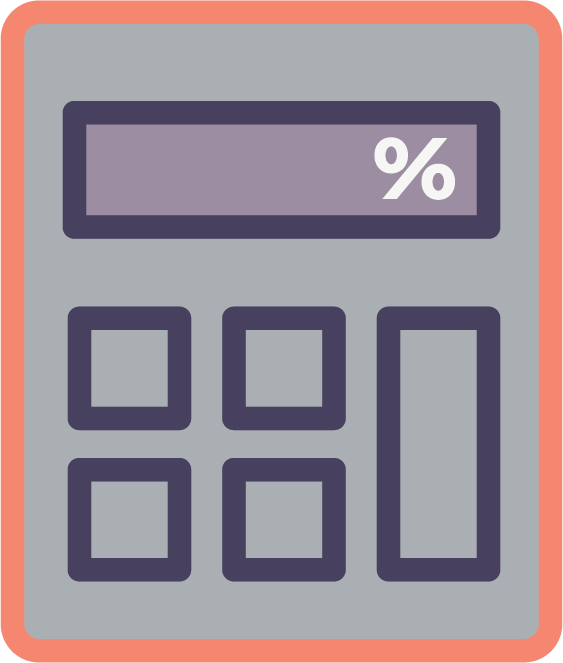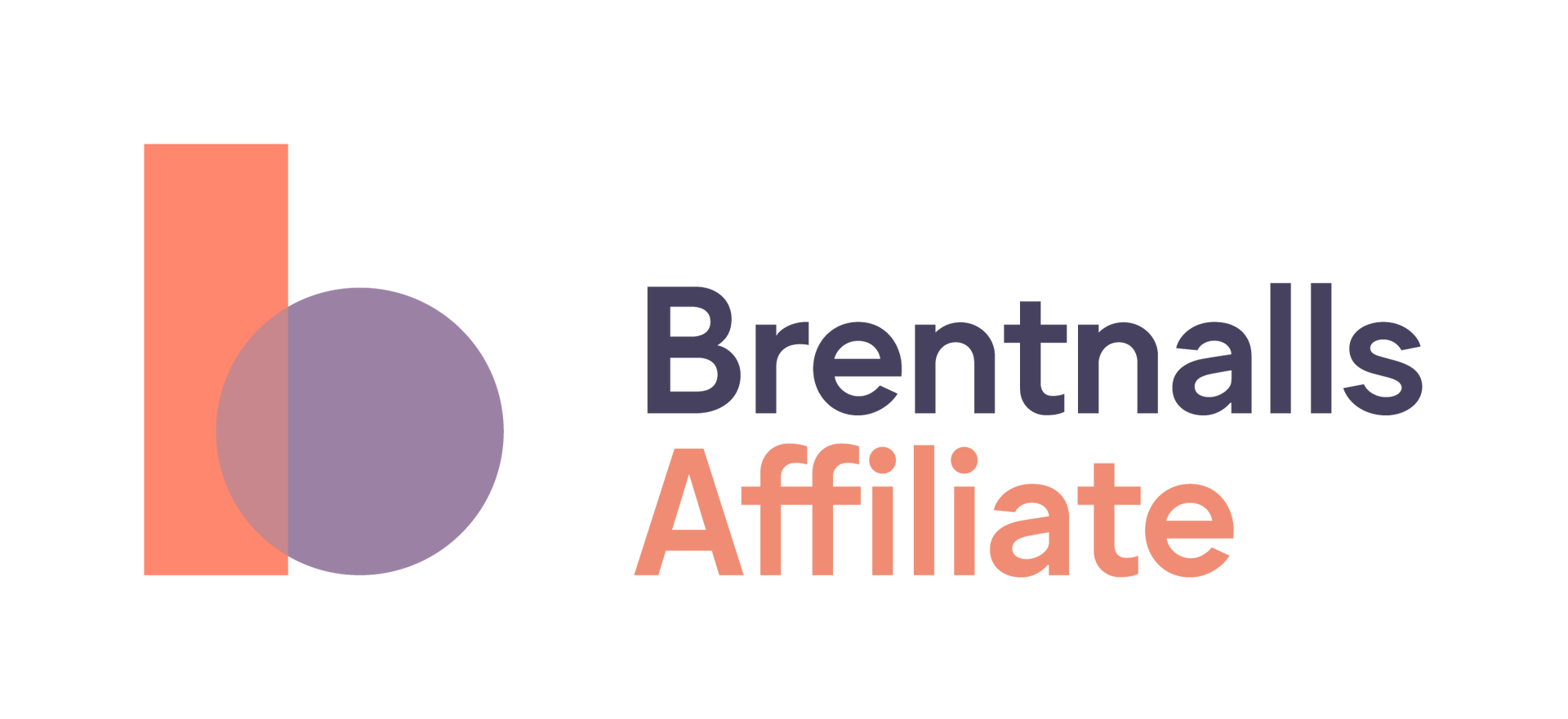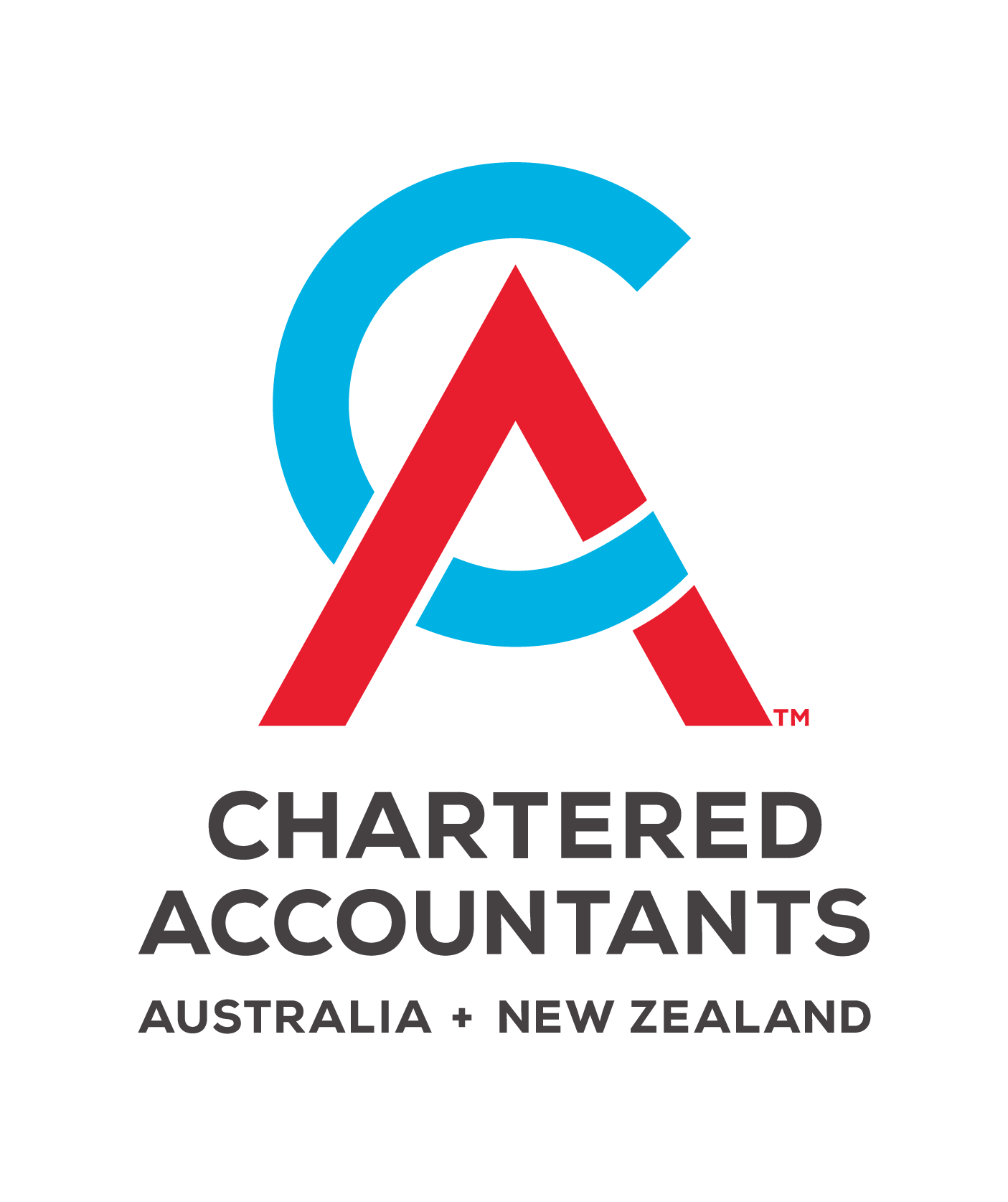News Articles

Asset protection for business owners can be tricky
This is where a trust can be a great vehicle within the group structure of business owners. It provides tax flexibility and estate benefits whilst giving you asset separation in two directions. But what does asset separation in two directions mean? And why might we recommend it?
Why do you want separation? Where you own multiple assets, you want to ensure that if someone makes a claim against a particular asset that your other assets can be quarantined from that claim. This isolation will mean that they can't gain access to the assets that are yours and separate from the claim.
For example, suppose you personally own a business and have a successful financial claim made against your business, and the claim is for an amount that is more than the businesses assets. You will first need to use the business to cover the claim and then find additional assets to supplement the shortfall. If this is the case and you own your own home, your home may be used to meet the claim by combining the business assets' worth and the family home's value. This could result in you losing your family home!
However, if we structure your business in a particular way, then the person making that claim will only have access to the assets in the business, and you'll likely be able to keep your family home.
This type of structure is commonly called asset separation. Generally, it's a good thing to employ, but it does have one flaw – it usually only goes one way.
If a claim is made against your business, they won't get your house. Still, if they successfully make a financial claim against you personally, they will potentially have access to your assets to the value of the claim, including those of your business. So, is it worth the risk?
When operating a business through a trust, you will merely "control" it; instead of owning that business. More importantly, you are one of several beneficiaries who are considered by the trust when distributing any profits or capital from that business.
However, although you are only one of the beneficiaries who are considered, it would be set up, so it is you that "considers" who gets the profit or capital. This means that if someone claims against you, they can't access assets in the trust, hence providing two-way asset protection.
The only issue with trusts is that although you will see the trust's debts as debts of the trust, they are the trustee's debts. So, if you are a trustee, all the debts of the trust are your debts. You can use the trust assets to pay down those debts, but if the trust assets are insufficient to pay the debts, it will be up to you to pay off the rest.
When you're an individual trustee of a trust, you lose the perk of asset separation, which is why it's more beneficial for a company to be used as a corporate trustee. The company does nothing other than act as the trustee of the trust; therefore, if there are insufficient funds in the trust to cover the trust's debts, then those debts fall on the corporate trustee which has no assets. Creditors will have no access to your personal assets, assuming you have no individual debts owing to the trust.
Picking the right structure for your business depends on a number of factors, review these factors in our information sheet here .
Discuss Further?
If you would like to discuss, please get in touch.
Disclaimer
The information provided in this article does not constitute advice. The information is of a general nature only and does not take into account your individual financial situation. It should not be used, relied upon, or treated as a substitute for specific professional advice. We recommend that you contact Brentnalls SA before making any decision to discuss your particular requirements or circumstances.







